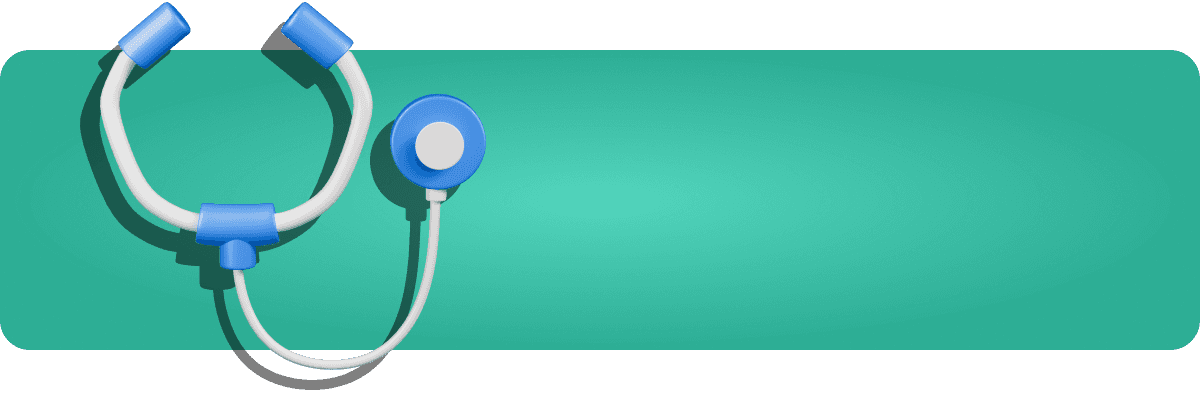
Getting a Dyslexia Diagnosis in the UK
13 Mar 2023
by

Noetic
7
minute read
Last Updated
Sep 8, 2023
Dyslexia is a learning difference that mainly affects someone’s reading and writing skills. Approximately 10% of the population has dyslexia. This article is here to help you understand why someone might want to get a dyslexia diagnosis and their options in getting one.
Why get a dyslexia diagnosis ❓
People may seek a dyslexia diagnosis for various reasons. One of the most common reasons is to gain a better understanding of their learning and working style. Other reasons include accessing workplace accommodations, receiving additional support for studies, and learning how to make choices that suit their way of learning and communicating. Parents often seek a diagnosis for their children to obtain effective interventions for their learning and development.
Before seeking a diagnosis
Understanding your traits, as well as those associated with dyslexia, can help you decide whether or not to seek a diagnosis. It can also prepare you to communicate effectively with your diagnostic assessor. Think about taking these steps to do this before seeking a diagnosis:
1️⃣ Explore whether you have the traits that fit the profile of dyslexia by learning more about dyslexia on Noetic’s community.
2️⃣ Reflect on your own experiences and find examples of when you may or may not have fit the signs and symptoms of dyslexia.
3️⃣ If you feel comfortable, speak to people who know you (e.g. family members, friends, colleagues and teachers) to also get opinions that can help you build a picture of your symptoms
Once you've completed these steps, if you still believe your profile fits with dyslexia traits and you want to get a diagnosis, you can explore the different routes to getting diagnosed.
Diagnosis route options
NHS
Dyslexia diagnoses are not covered under the NHS because it is not considered a medical issue.
Private
Getting privately diagnosed means you or an employer would need to pay for a qualified assessor to assess you for dyslexia. Qualified assessors include specialist teachers and psychologists. You can find qualified dyslexia assessors via the British dyslexia association. Dyslexia assessments can cost anything between £300 to £700 +VAT.
University
If you are currently studying at university, you can get a dyslexia assessment arranged and funded by the university, although you may need to contribute to the cost of the assessment. Contact the relevant disability department at your university to enquire about a dyslexia assessment.
What does a dyslexia assessment look like?
A dyslexia assessment can be done in person or remotely.
The assessment will involve a series of tests to explore:
▶️ Reading such as word recognition, reading speed, and decoding
▶️ Spelling such as spelling performance and speed
▶️ Writing such as grammar, use of vocabulary, and structure of sentences
▶️ Learning skills such as phonological awareness, processing speed, and memory
If you want to learn more about what to expect during a dyslexia assessment, or if you are trying to decide if a diagnosis is right for you, talk to one of Noetic’s experts or sign up for our launch list 🚀
